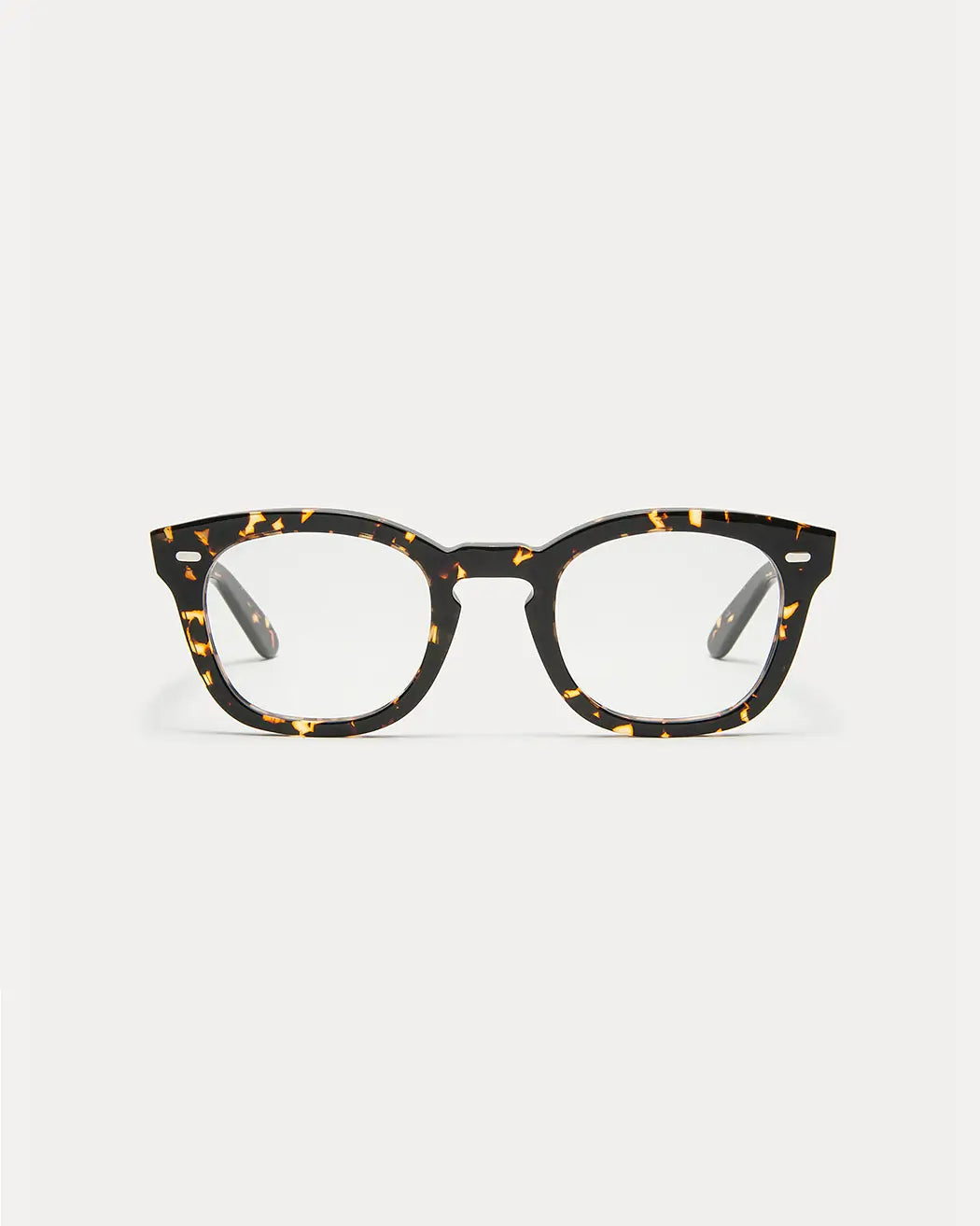Solar Retinopathy
Solar retinopathy, also known as photic or solar maculopathy, is a type of eye damage that occurs due to direct viewing of the sun. This condition can lead to temporary or permanent vision impairment, highlighting the importance of understanding and preventing it.
What is Solar Retinopathy?
Solar retinopathy is an eye condition that results from the exposure of the retina to intense solar radiation. The retina is the light-sensitive tissue at the back of the eye, responsible for receiving and processing visual information. When it's exposed to direct sunlight, particularly without adequate protection, the intense light can cause damage to the retinal tissues, leading to vision problems.
Causes of Solar Retinopathy
The primary cause of solar retinopathy is the direct observation of the sun without the use of appropriate eye protection. This can occur during solar eclipses, when many people are tempted to look directly at the sun, or even during normal sun gazing practices. Other risk factors include:
- Use of optical devices like telescopes or binoculars without proper solar filters.
- Exposure to reflected sunlight from water, sand, or snow, which can also be harmful.
- Certain medications or substances that can make the eyes more vulnerable to light damage.
Symptoms of Solar Retinopathy
Symptoms of solar retinopathy may not appear immediately after sun exposure, often developing within hours or days. Common symptoms include:
- Blurred vision
- A dark or blind spot in the center of vision (central scotoma)
- Distorted vision (metamorphopsia)
- Altered color vision
- Light sensitivity (photophobia)
- Permanent loss of vision
It's important to see your eye doctor if you experience any of these symptoms after direct sun exposure.
How to Prevent Solar Retinopathy
The key to preventing solar retinopathy is to protect your eyes from direct sunlight and never look at the sun directly. Here are some effective strategies:
Use Proper Eye Protection:
Always wear sunglasses that block 100% of both UVA and UVB radiation. Ensure they meet international safety standards.
View Solar Eclipses Safely:
Use solar viewing glasses or other solar filters designed for observing solar eclipses. Never use regular sunglasses or makeshift filters.
Do Not Stare at the Sun:
Even with your eyes closed, staring at the sun can damage the central area of your macula, called the fovea. This can lead to permanent vision loss.
Solar retinopathy is a preventable condition that underscores the importance of eye protection against the sun's harmful rays. Remember, the sun's beauty is to be enjoyed, but with the utmost care for your eyes' health.
Always prioritize eye safety, especially during high-risk activities like viewing solar eclipses, and maintain regular check-ups with your optometrist to ensure optimal vision health.


